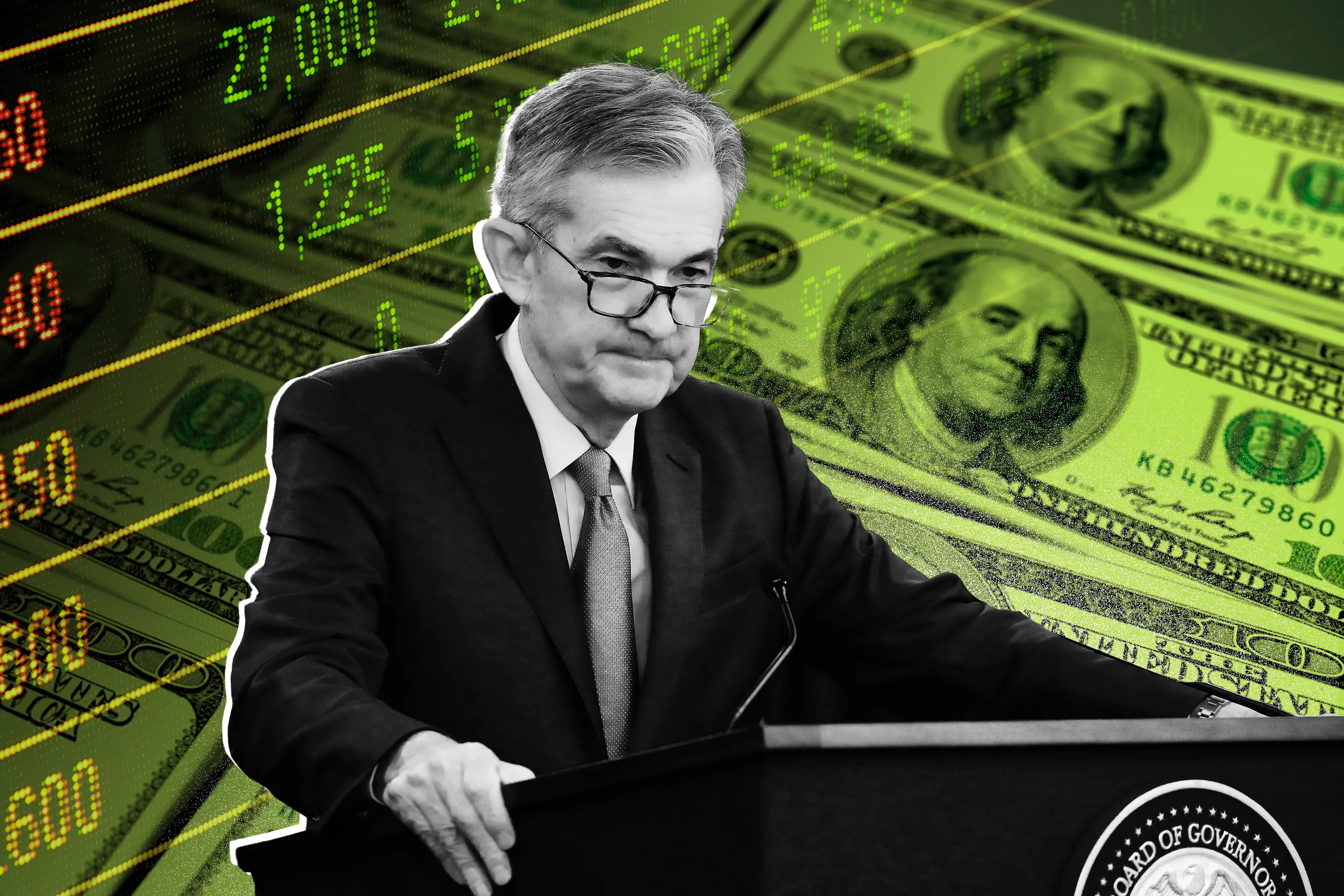It looks like the Federal Reserve has found yet another reason to tread lightly when it comes to raising interest rates.
It is difficult to predict how much the U.S. economy will be affected by recent troubles in the banking sector. The Federal Reserve decided to take a step back based on the inflation data released by the Commerce Department on Friday, rather than keep raising rates and finding out later on that it had done a mistake.
According to the Commerce Department's February report on personal incomes and spending, the US economy led by consumer spending jumped 0.3% from January to February as a result of the Fed's favorite inflation gauge - consumer prices. That's a 5% increase from a year earlier.
A key indicator is a so-called core, which excludes food and energy prices, which increased 0.3% last month – a drop from the 0.5% economists had predicted. Core prices were also revised down in January, with the growth rate being lower than it was the previous month. Compared to the previous year, core prices rose 4.6%. Even though it is much more than the Fed would like, it is the smallest increase since October 2021.
A welcome reading in Friday's inflation reading, which surprised investors, economists, and policymakers alike, as they were trying to figure out the extent to which the financial crisis will adversely affect the economy. In general, it is believed that a more restrictive lending environment will be equivalent to a further increase in the Federal Reserve's interest rate. But how many changes will occur?
Investors are suddenly paying much closer attention to reports which have rarely been noticed by them before. A weekly report from the Federal Reserve on lending to banks released on Thursdays, along with a weekly report from the Bank of England on the assets and liabilities of the banking system, is all being examined. Additionally, the Investment Company Institute has released a reading on the assets in money-market funds published on Thursdays. Only recently have commentators become experts on the inner workings of ChatGPT, even though they had no prior knowledge of them.
Despite its inherent benefits, one of the information gaps that money-market funds can provide would be that, while measuring the amount of cash flowing into them, for example, can provide information about whether stress in the banking system is building up or dissipating, it does not provide information about how those stresses are being manifested economic-wise. The sudden change we are experiencing at the moment seems a bit out of character, and what weak historical precedents there are to guide us in this direction, like the savings-and-loan crisis that began in the 1980s, happened before we could tap a phone to move money.
Therefore, we cannot know whether there will be any effect on lending as a result of any tightening of lending until we see for ourselves, and seeing takes time. There has been a lot of change in the world since Friday's report was issued, after all, it was from February.

Subscribe to our newsletter!
As a leading independent research provider, TradeAlgo keeps you connected from anywhere.








